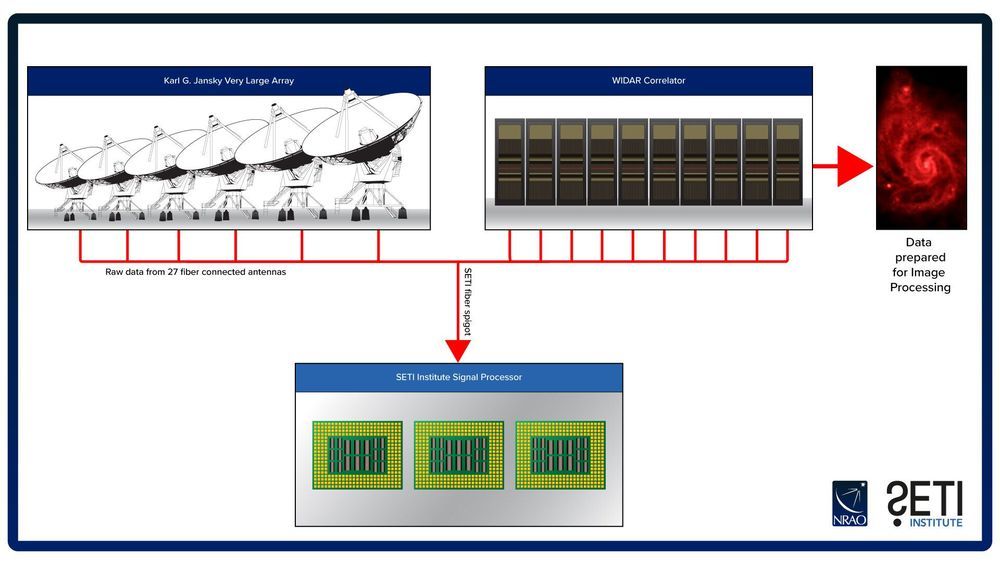Emerging technologies and new strategies are opening a revitalized era in the Search for Extraterrestrial Intelligence (SETI). New discovery capabilities, along with the rapidly-expanding number of known planets orbiting stars other than the Sun, are spurring innovative approaches by both government and private organizations, according to a panel of experts speaking at a meeting of the American Association for the Advancement of Science (AAAS) in Seattle, Washington.
New approaches will not only expand upon but also go beyond the traditional SETI technique of searching for intelligently-generated radio signals, first pioneered by Frank Drake’s Project Ozma in 1960. Scientists now are designing state-of-the-art techniques to detect a variety of signatures that can indicate the possibility of extraterrestrial technologies. Such “technosignatures” can range from the chemical composition of a planet’s atmosphere, to laser emissions, to structures orbiting other stars, among others.
The National Radio Astronomy Observatory (NRAO) and the privately-funded SETI Institute announced an agreement to collaborate on new systems to add SETI capabilities to radio telescopes operated by NRAO. The first project will develop a system to piggyback on the National Science Foundation’s Karl G. Jansky Very Large Array (VLA) that will provide data to a state-of-the-art technosignature search system.









Comments are closed.